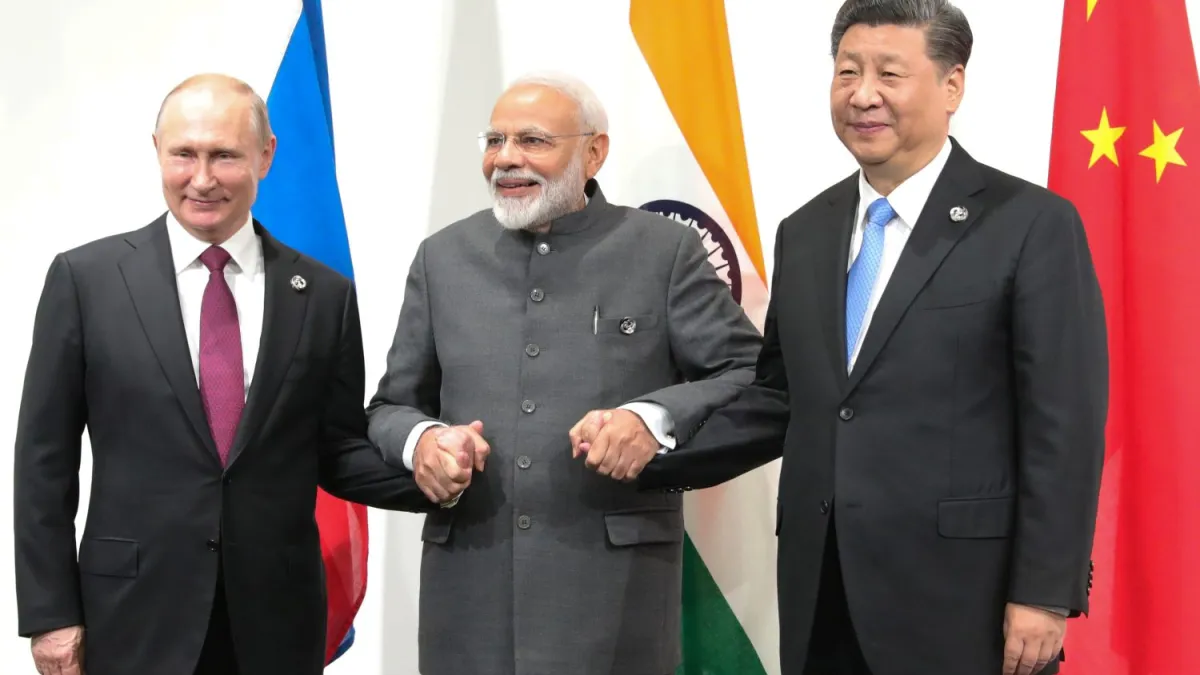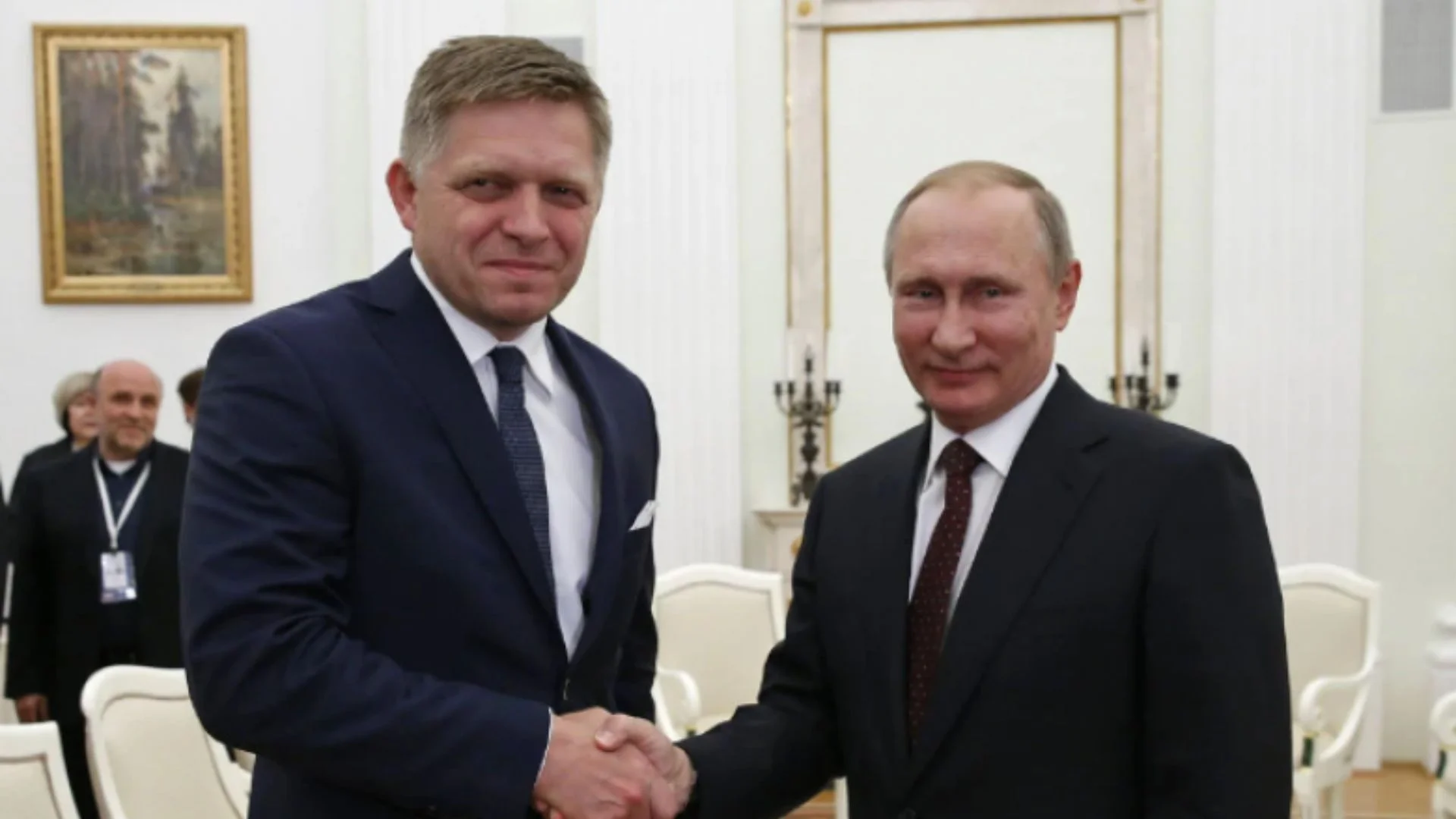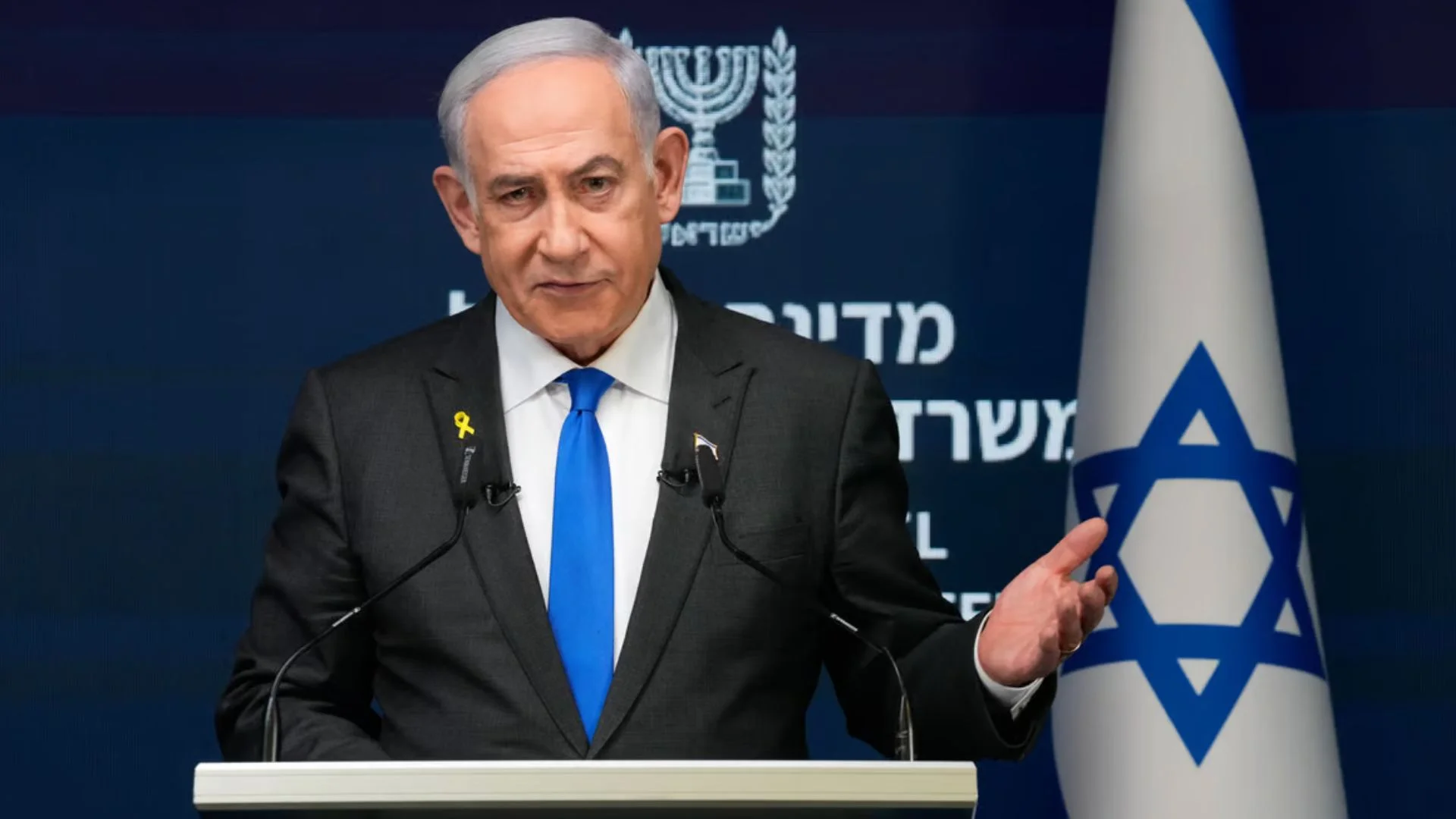This week remained dynamic in terms of international events and developments. India welcomed representatives from more than 100 nations to participate in its prestigious Raisina Dialogue, while on the other hand, Japan announced a fund support of Rs. 12,800 crores to India for completing its prime infrastructure projects. Amid intensified Israel-Hamas conflict, and ongoing Russia-Ukraine war, such events and news do fill the hearts with hope that someday, peace will prevail.
This week Indian Prime Minister Narendra Modi officially opened the 9th edition of the prestigious Raisina Dialogue in New Delhi. The event focused on addressing key global issues and observed the gracious presence of Greek Prime Minister Kyriakos Mitsotakis as the chief guest. This annual dialogue is jointly organised by Indian Ministry of External Affairs and independent think tank, Observer Research Foundation, and has become India’s prominent forum for discussing geopolitics and geo-economics since its launch in 2016.
This year, the theme guiding discussions during this three-day dialogue was ‘Chaturanga: Conflict, Contest, Cooperate, Create,’ which encapsulates ongoing global uncertainties and turbulence alongside opportunities through partnerships. Both Indian and Greek leaders presented keynote addresses at the inaugural session chaired by Indian External Affairs Minister Dr. S Jaishankar where they highlighted a growing convergence between both nations as ‘civilizational states’. During his significant address, Mitsotakis stressed on the importance of shared universal values and ancient connections that guide modern India-Greece solidarity, evident in their deepening economic ties, mutual investments, and strengthened defence collaboration. Greece and India also explored plans to enhance their cooperation in trade, defence, and migration. The Greek leader expressed his support for continuing with the India-West Asia Economic Corridor, even amid the Israeli conflict in Gaza. He commended India’s leadership across various areas such as climate change partnerships, global promotion of digital public goods, fostering globalisation and economic growth as G20 President, and advocating for developing nations. Both the leaders also highlighted potential future areas of cooperation between India and Greece including security matters in Mediterranean and Indo-Pacific regions; policy exchanges on blue economy; infrastructure development; public health initiatives; immigration frameworks; culture promotion; tourism development etc. With over 100 countries represented by their ministers, military leaders, industry experts, academicians and journalists at the 2024 Raisina Dialogue has insightful discussions on ongoing global conflicts, possible sustainable solutions, technology collaboration, healthcare advancements, economic development, sustainability and so on.
While Raisina Dialogue focused on strengthening bilateral and multilateral collaboration among the nations to promote global good, India and Japan announced a great news in the area of economic collaboration. This week, Japan’s government signed a finance agreement with Indian government of worth 232 billion yen (approximately Rs. 12,800 crores) to fund nine important infrastructure projects in India strengthening bilateral economic ties between both the nations. These projects include skill development initiatives for women entrepreneurs and supporting business expansion for MSMEs in Telangana, road network improvements across Northeast states to facilitate greater trade, tertiary level medical service delivery in Nagaland for universal health coverage, and construction of key ring roads around Chennai to ease traffic congestion through elevated corridors among other investments promoting modernization of logistics systems. India and Japan have a long and successful history of mutual development cooperation. Japan has been a leading investor in India’s infrastructure, with commitments exceeding USD 45 billion. Both the nations collaborate in the Indo-Pacific region and work closely together on international platforms such as G20 and the United Nations. In 2023, the Consul General of Japan inaugurated the Japan Cultural Centre in Ahmedabad and announced that Japanese companies are planning to invest five trillion yen in India by 2027. Haryana’s horticulture sector also received Rs 640 crore assistance from Japan aiming at enhancing farm productivity while also consolidating focus areas from urban transit priorities historically committed between both the nations. This investment also upholds their commitment towards environmental sustainability emphasizing low carbon emission initiatives. The partnership establishes Japan as a major provider of development funding for India, with a historical commitment of supporting India to elevate its infrastructure. Japanese funding has been directed towards various priorities including urban transit and industrial corridors. In October 2023, National Investment and Infrastructure Fund collaborated with Japan Bank for International Cooperation to introduce a USD 600 million India-Japan Fund. The fund will have JBIC and the Government of India as key investors and will primarily focus on promoting environmental sustainability, low carbon emission initiatives, and facilitating Japanese investments in India.
This is what the world needs to follow! Development is the key to global peace and security, and developed nations should come forward to help developing nations so that gap between the two can be filled. While we all keep talking about bilateral and multilateral plans and efforts to boost global development, funding remains an unanswered question. Developing and underdeveloped nations need funding and that is where the developed nations can come forward and help. Hope the leaders understand the significance of supporting each to ensure, Sarve Bhavantu Sukhinah!
The author is Professor, School of International Studies, JNU







